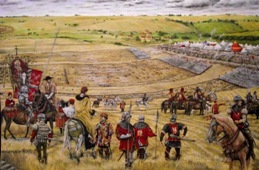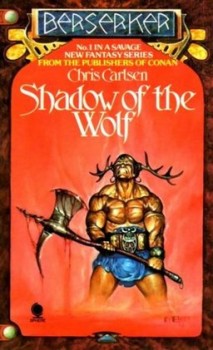Wordsmiths: An Interview with Leah Bobet
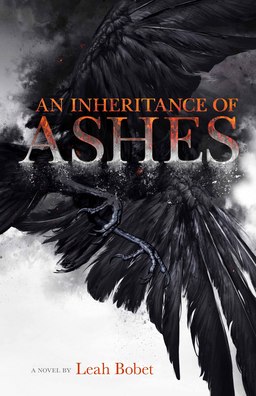 Greetings, folks! As an addition to my reviews at Black Gate, I will be occasionally interviewing some of the authors and editors I talk about (if I’m lucky enough to know them, or they’re gracious enough to agree). I’m fascinated with the idea of getting into the mind of creative people, and some of the best conversations I have in my day-to-day are with other writers, so I’m hoping to capture some of that insight in this “Wordsmiths” series.
Greetings, folks! As an addition to my reviews at Black Gate, I will be occasionally interviewing some of the authors and editors I talk about (if I’m lucky enough to know them, or they’re gracious enough to agree). I’m fascinated with the idea of getting into the mind of creative people, and some of the best conversations I have in my day-to-day are with other writers, so I’m hoping to capture some of that insight in this “Wordsmiths” series.
My inaugural interview is with Leah Bobet, whose novel An Inheritance of Ashes I reviewed last week. Here’s a short bio, courtesy of the Can*Con 2016 website:
Leah Bobet is a novelist, editor, and bookseller with Bakka-Phoenix Books, Canada’s oldest science fiction bookstore. Her novels have won multiple awards, with her most recent, dustbowl literary fantasy An Inheritance of Ashes, receiving the Prix Aurora Award, the Sunburst Award, the Copper Cylinder Awards, and an Ontario Library Association 2015 Best Bets selection and being shortlisted for the Canadian Library Young Adult Book Award and the Cybils.
Leah lives and works in Toronto, where she makes a lot of jam, knits sweaters, and is learning game design. Visit her at www.leahbobet.com.
I hope you enjoy!
I have to get this out of the way immediately — this novel is absolutely friggin’ awesome. One of its greatest elements (in my opinion) is the vividness of the world you’ve created. Did anything particular inspire it?
First off: Hey, thank you! That’s always incredible to hear!
There were a few definite inspirations that went into the world of An Inheritance of Ashes. The first? Well, non-player characters.
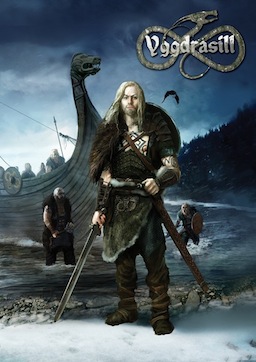


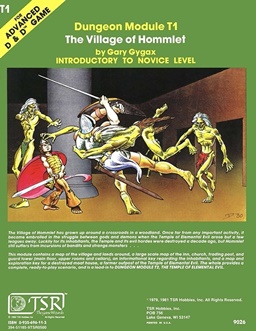
 As many of you know, my alter-ego is E.M. Tippetts, an indie chick-lit author. This means I do my best to stay on top of the indie publishing scene. Most people think of the English speaking markets when it comes to indie publishing, but Germany actually had more market penetration early on by the self-published set. Up to half of the Amazon.de top 100 were indie at any given time in 2012 (as opposed to a quarter on Amazon.com). One such success story is
As many of you know, my alter-ego is E.M. Tippetts, an indie chick-lit author. This means I do my best to stay on top of the indie publishing scene. Most people think of the English speaking markets when it comes to indie publishing, but Germany actually had more market penetration early on by the self-published set. Up to half of the Amazon.de top 100 were indie at any given time in 2012 (as opposed to a quarter on Amazon.com). One such success story is 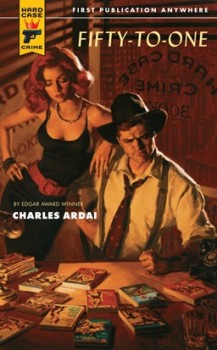

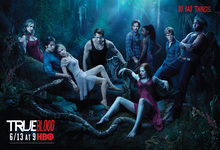 Not long ago I posted about my top ten novel-to-movie adaptations, (see
Not long ago I posted about my top ten novel-to-movie adaptations, (see 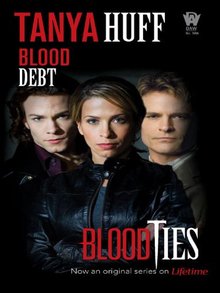 As Goldman says about adapting novels for film, the TV series should retain the intention of the original material, but perhaps the issue of length isn’t as problematic. On the contrary, the more of the original source’s complexity that can be kept, the better, as TV adaptations can explore avenues and characters in ways a movie can’t. On the other hand, series requirements sometimes lead to unexpected changes to the source material.
As Goldman says about adapting novels for film, the TV series should retain the intention of the original material, but perhaps the issue of length isn’t as problematic. On the contrary, the more of the original source’s complexity that can be kept, the better, as TV adaptations can explore avenues and characters in ways a movie can’t. On the other hand, series requirements sometimes lead to unexpected changes to the source material.